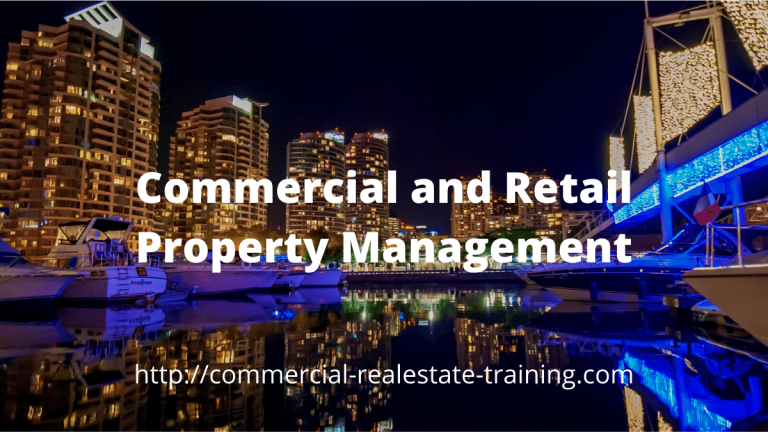Commercial and Retail Property Managers – Landlord Reporting Tips for Top Quality Service
Every commercial or retail property will have challenges and factors that should be well controlled by a property manager. The appropriate skills of the property manager are essential to the outcomes required. Quality properties and quality landlords require a top property management service.
Inexperienced property managers can damage a property performance and cash flow. They have little understanding of the bigger income picture and how to negotiate through challenging property issues.
Consider the following factors:
- Some properties require an intense amount of work with the tenant mix, income, vacancy factors, maintenance, and daily function
- Not all properties are the same, so separate strategies and skills are required on the part of the manager
- Tenants can be challenging and difficult depending on the pressures of occupation and rental
- Lease management is a complex issue with plenty of critical dates to be tracked
- A property may present specific issues with operations and occupancy
- Be aware of the ‘customer’ factors that flow into a property through daily usage (this is certainly the case with a retail shopping centre)
Each week and each month there will be issues of property performance and control that must be managed and tracked by the property manager. Appropriate professional skills are required; hand in hand with that will go the required reporting standards and landlord communication systems.
So how can you report to a landlord and what are the variations of property control that could be considered? Try some of these:
- A tenant retention plan to keep your best tenants and replace the ‘under performers’.
- A strategy document to support the interaction between speciality tenants and anchor tenants (in shopping centres particularly).
- A review of income opportunity in market rentals and expenditure management.
- Optimised incentives to encourage top tenants to come to the property or remain in occupancy.
- Vacancy management to remove or minimise rental volatility
- Maintenance and risk management controls so the property performs within building and occupancy codes
- An assessment of comparable properties in the local area and vacancy rates in the property group or type
- Assessments of the variations in market conditions and opportunities
- Standards in leasing to improve landlord income, tenant mix, and property control
- Energy management and controls on operational costs to run the property
- Property budgeting of income and expenditure to a business plan and strategic document
So you can add to the list based on the property type and the location. Have a serious look at your landlord reporting and control processes. A top property management service requires comprehensive reporting and landlord communication. How do you rate with these issues?





